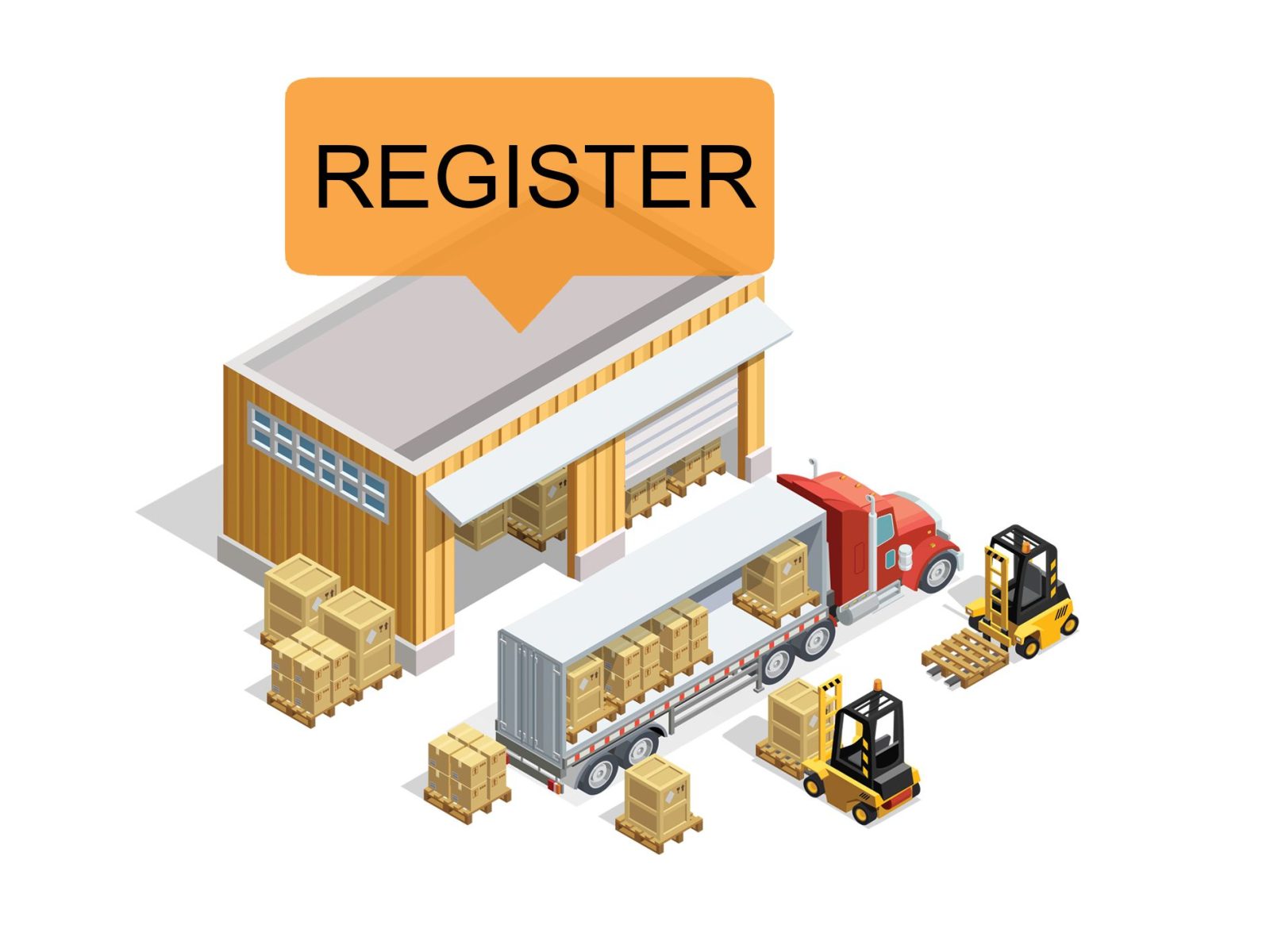
Product Distribution Companies in Turkmenistan
Turkmenistan, a Central Asian country rich in natural resources, has a growing market for various goods and services. The product distribution landscape in Turkmenistan is shaped by its strategic location, governmental regulations, and economic policies. Here is an overview of key aspects of product distribution companies in the country:
Overview of the Market
Turkmenistan’s economy is largely based on its vast reserves of natural gas and oil. However, the country has been gradually diversifying its economy, increasing the demand for consumer goods, construction materials, and industrial equipment. The distribution sector is primarily focused on imports due to limited domestic production of non-hydrocarbon products.
Key Players in Product Distribution
1. State-Owned Enterprises (SOEs):
The government controls much of the economy, and many distribution companies operate as extensions of state-owned entities. For instance, state enterprises handle the distribution of basic commodities such as fuel, agricultural products, and textiles.
2. Private Distributors:
With economic reforms, private businesses have begun to play a more significant role in product distribution. These include companies that focus on importing and distributing food products, electronics, household goods, and construction materials.
Some prominent private distributors include:
Turkmen Logistic Service: Specializes in the import and distribution of consumer goods and industrial equipment.
Bereketli Market: Known for distributing food products, beverages, and household items across Turkmenistan.
3. International Companies:
Multinational corporations often partner with local firms or distributors to enter the Turkmen market. These partnerships are crucial due to strict regulations and import controls.
Examples of international companies with local distributors include Procter & Gamble, Nestlé, and Samsung.
Key Sectors in Product Distribution
1. Food and Beverage:
Food distribution is one of the most active sectors. Companies import products from neighboring countries like Turkey, Russia, and Iran. Distribution networks often consist of wholesalers and local retail outlets.
Hasar Distribution: A notable company that deals with food imports and distribution throughout the country.
2. Construction Materials:
With ongoing infrastructure projects, there is a high demand for construction materials like cement, steel, and glass. Companies like Turkmen Build Trade distribute imported materials to meet this demand.
3. Consumer Goods:
Electronics, clothing, and cosmetics are popular imported items. Distributors often focus on urban areas, especially Ashgabat, the capital. Local retailers depend on international imports, facilitated by distributors like Asman Market Trade.
4. Pharmaceuticals and Healthcare Products:
The healthcare sector relies on imports for pharmaceuticals and medical equipment. Companies such as Derman Trade distribute medical supplies in collaboration with global manufacturers.
Challenges for Product Distribution
Regulations: Import and export activities are heavily regulated, requiring detailed permits and adherence to state policies.
Infrastructure: Despite improvements, logistics infrastructure still poses challenges, particularly in remote areas.
Economic Policy: Currency convertibility and trade restrictions can hinder smooth distribution operations.
Future Outlook
As Turkmenistan continues its economic reforms, the role of private distributors is expected to grow. Companies that navigate the regulatory landscape effectively and invest in building local partnerships are likely to thrive. With increasing urbanization and consumer demand, opportunities in the distribution sector will continue to expand.
In conclusion, product distribution companies in Turkmenistan operate within a unique framework shaped by governmental influence and growing private sector participation. The market offers potential for growth, especially for businesses that adapt to the local economic environment.




Leave a Reply